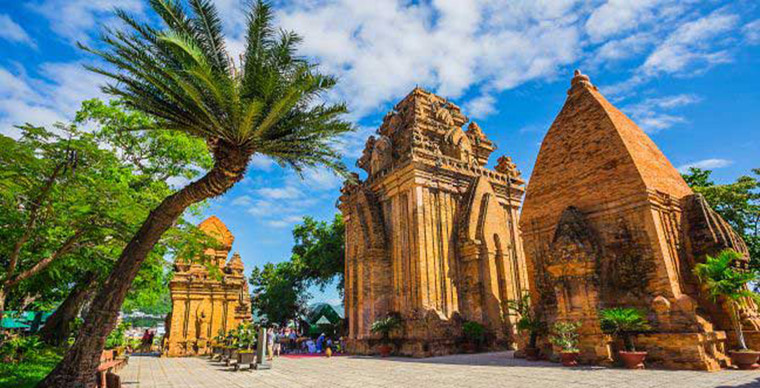
Po Nagar Cham Towers - a must-see in Nha Trang
- on Nov 1, 2019 By: Ngoc Nguyen
The famous seaside resort of Vietnam, Nha Trang, known for its beautiful bay, ranked among the 20 most beautiful bays in the world, houses an archaeological site of great importance: the Po Nagar Cham Towers. Classified as a National Historic Heritage site, they are one of the many cultural visits that can not be missed during your stay in Nha Trang seaside resort town in Vietnam.
History of Po Nagar Cham Towers in Nha Trang
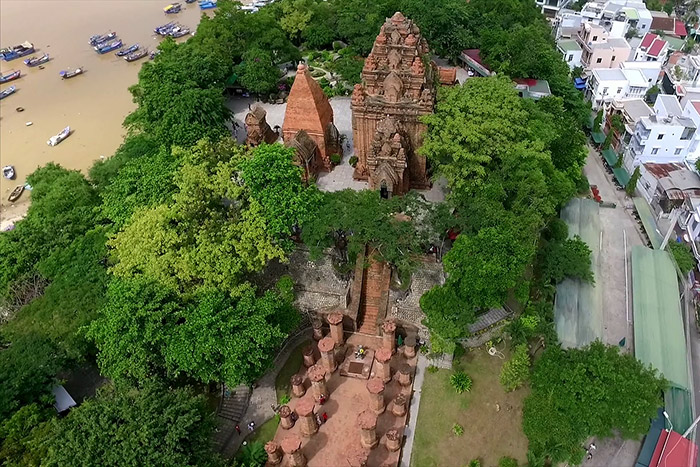
Historically, the Chams were an ancient civilization that was very influential in Southeast Asia, especially in the centre of Vietnam where they established their kingdom, the Champa, between the 2nd and 17th centuries. The Champa kingdom was once a state of Hindu and Malayo-Polynesian culture, and their sublime towers in red brick and sandstone found in the central area of Vietnam are the only silent testimony of a civilization that disappeared into the whirlwind of history.
Among these fabulous archaeological remains scattered along the central Vietnamese coast are the Po Nagar Cham towers, still in a remarkable state of preservation. The Po Nagar Cham towers were erected on a granite mountain called Cu Lao overlooking the Cai River before 781 in what was then called the Kauthara Principality. The Po Nagar Cham temple was dedicated to the goddess Yan Po Nagar, legendary founder of the Champa kingdom. Yan Po Nagar was from a peasant family in the mountains of Khanh Hoa province where Nha Trang resort town is located. The spirits helped her when she went to China on a drifting piece of sandalwood, where she married a Chinese crown prince, the son of the Chinese emperor, with whom she had two children. When Yan Po Nagar wanted to return to her hometown to visit family, the prince refused to let her go. Disobeying him, she threw a piece of sandalwood into the ocean and disappeared with her children, then reappeared in Nha Trang to see her family again. When the Chinese prince tried to follow her to, she furiously turned him and his fleet into stone. The Viet people, after conquering the Cham Empire, adopted the goddess Yan Po Nagar, calling her Thien Y Thanh Mau. The restoration work on the Po Nagar Temple was carried out early in 1906 by Henri Parmentier, the famous archaeologist-in-chief of the French School of the Far East, who had already begun work at My Son Sanctuary and years later would build the museum of Cham Arts in Danang, which was then called Tourane.
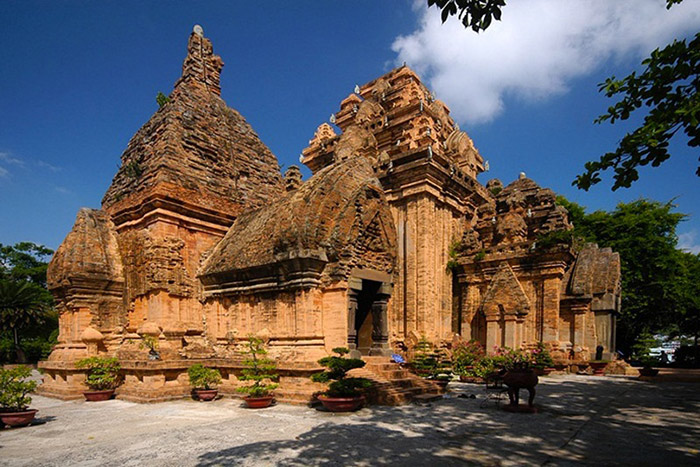
Exceptional architecture
Of the ten buildings originally dedicated to Hindu deities, there are only four very well preserved towers remaining, built in honor of Po Nagar, Shri Cambhu, Sanhaka and Ganeca. The Po Nagar Cham Complex is spread over three levels, the highest of which consists of two rows of towers. The highest and most amazing of the 4 towers is the 25-meter-high Po Nagar Kalan Tower, however now missing the magnificent golden dome that once held her hair. Durga, the demon-buffalo killer, is depicted on the pediment above the entrance of this tower. This sculpture is Tra Kieu style in the art of Champa (late 10th century or early 11th century). In the center of the temple is a 1.2 m stone statue of the goddess Yan Po Nagar, sitting cross-legged, wearing only a skirt and holding in her ten hands some symbolic objects.
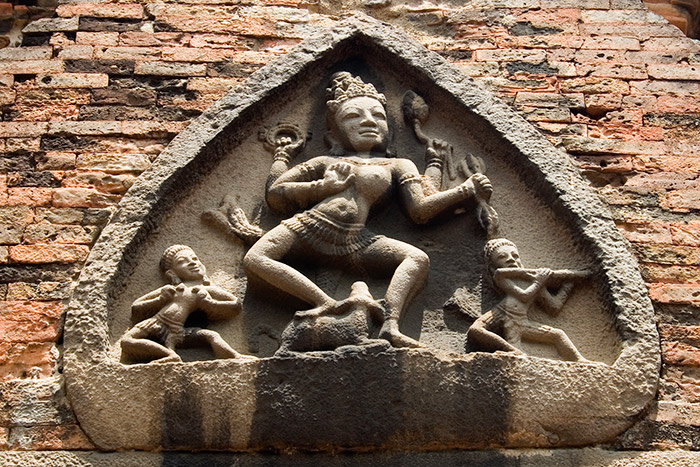
These red brick towers still have not revealed the secret of their longevity and construction. The Cham architects did not use mortar and the joints of the ocher bricks constituting these buildings are still a mystery today that many researchers have not yet managed to figure out!
A sense of calm and serenity reign over this unique place that is steeped in history. You should not hesitate to walk around this major archaeological site of Vietnam to fully enjoy a superb view of the coast and the fishing port. In May and June, the splendid decorations adorn the Po Nagar Cham tower with their glowing red flowers.
Useful information:
The annual Thap Ba Po Nagar festival is held in the grounds of Po Nagar temple from March 21st to 23rd of the lunar calendar (around the end of April/beginning of May). Dances, songs and traditional music accompany the ceremonies during which people from all parts of the country come to honour their goddess.
Daily traditional dance performances by the Cham people are on offer, and to learn more about the Cham culture you can also visit the small museum retracing the history of the Po Nagar Towers.
Opening hours: every day from 7h to 19h.
You will also like to read:
>> Da Nang Museum of Cham Sculpture, treasure of the Champa Kingdom
 Español
Español Français
Français












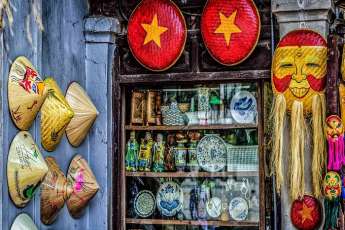







Morgane Ter Cock
on Dec 18, 2025HerbertPhomaMS
on Oct 19, 2025Lilyan Cuttler
on Oct 15, 2025Avenue17XC
on Sep 14, 2025Avenue18JL
on Jul 21, 2025